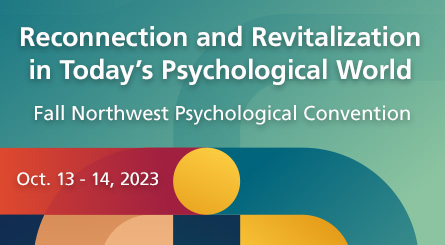2023 Fall NW Psychological Convention - Workshops
Workshops
These four workshops will be held in Spring 2024, date to be determined:
Moving from Compliance to Connection: Functional Analytic Psychotherapy (FAP)
Interventions for Parents of Autistic Children to Enhance Emotion Regulation
by Danielle Winterwood, MSW, LICSW, Mavis Tsai, Ph.D., Rodrigo Nunes Xavier, Dr.
Clinical Gems for Psychologists Working with Traumatic Brain Injury and Stroke Survivors
by Larissa Del Piero, Ph.D. and Holly Rau, Ph.D.
Closing the Transgender Gap: Moving from Fear and Lack of Knowledge to Compassionate Affirming Care
by Connor Gallik, Ph.D.
The Sentio Supervision Model: Deliberate Practice, Video, and Outcome Data
by Tony Rousmaniere, Psy.D.
Friday, Oct. 13th CE Workshops
Friday Keynote: Creating a Welcoming Therapeutic Environment for Gender Diverse Youth
Time: 8:00 AM - 9:00 AM
CE credits: 1
Learning Objectives:
- Participants will be able to identify at least two strategies to increase welcoming and affirming settings when working with transgender and gender diverse youth.
Program Description:
The intent of the presentation is to provide clinicians and supervisors with awareness and competencies to work with issues of equity.
This presentation in liberatory practice may help psychologists better understand how to operate with clarity while holding the complexity of social memberships of privilege and marginalization more effectively.
About the Presenter, Megan A. Mooney, Ph.D. :
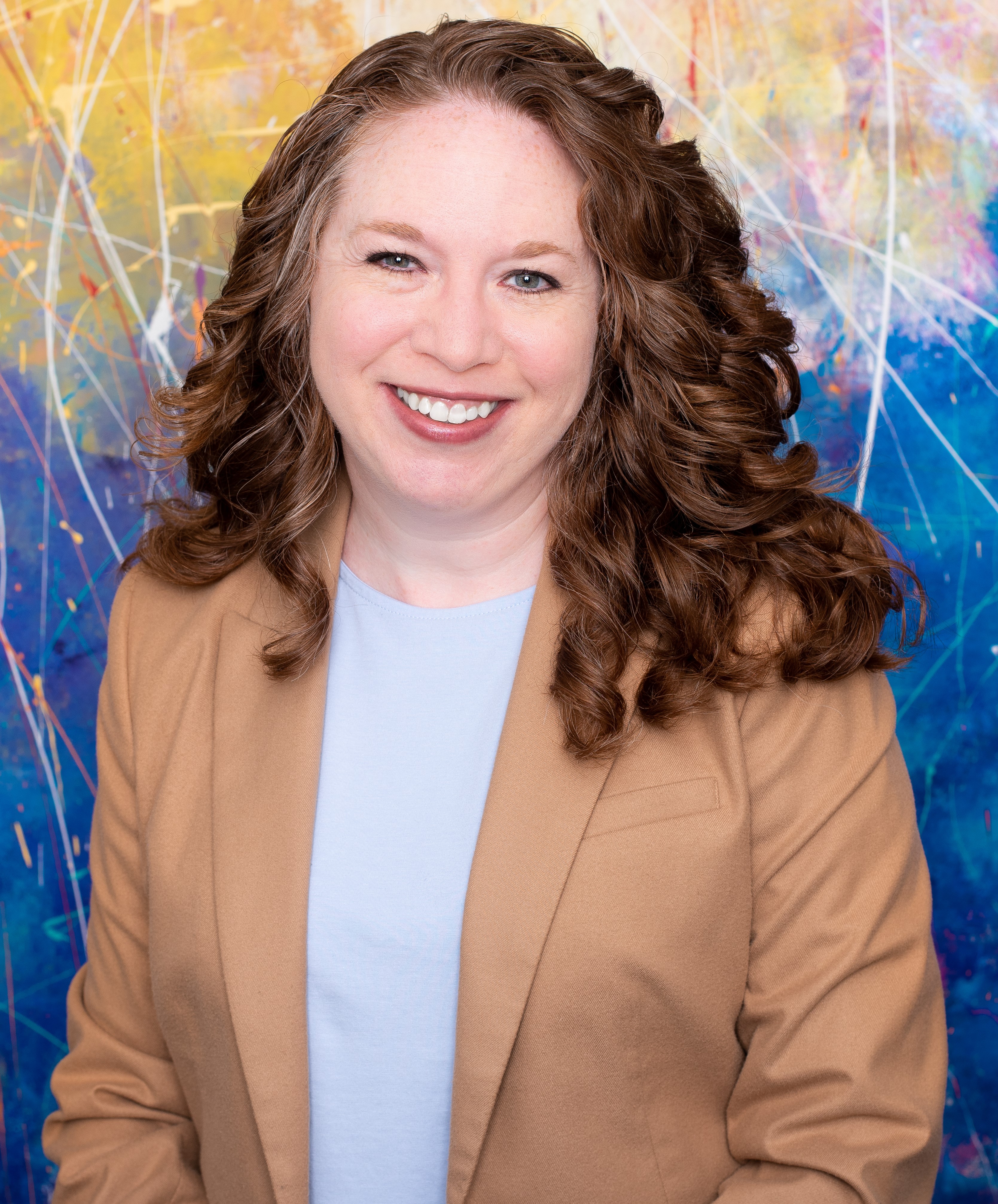
Dr. Mooney is a co-founder of a non-profit that focuses on education and advocacy in support of gender expansive children and their families. Dr. Mooney was granted the 2022 American Psychological Association Services’ Federal Advocacy Award and the 2023 APA State Leadership Award. She was specifically recognized for her advocacy leadership on behalf of LGBTQ+ children, adolescents, and families, most recently in response to political attacks on Texas’ transgender communities.
Friday Morning Track 1: Triple Play: Medical Treatment of ADHD, A Review of New Psychiatric Drugs, and Best Strategies for Coordinating Care with a Primary Care Doctor
CE credits: 3
Time: 9:15 AM - 12:30 PM (PST)
Learning Objectives:
- Participants will be able to identify at least two stimulant medications and one non-stimulant medication FDA approved for the treatment of ADHD.
- Participants will be able to identify at least two new psychopharmacological or psychiatric device therapies that show promise in the treatment of psychological disorders.
- Participants will be able to outline the basic tenets of effective communication with primary care providers about their shared patients.
Program Description:
This presentation will provide a unique opportunity to learn from both a veteran prescribing psychologist and an established family medicine physician. Presenting as a team, the instructors will be able to cover psychological, psychiatric and medical information for each of the three sections covered. This three-hour presentation will be separated into three distinct sections that will act as stand-alone lectures. The three sections are 1) psychopharmacologic best practices in the treatment of ADHD in children and adolescents 2) new and emerging treatments in psychiatry, and 3) demonstration and direct teaching regarding best practices for psychologists coordinating care for patients with primary care providers.
About the Presenters, David Shearer, Ph.D., MSCP & Keith Petersen, DO:
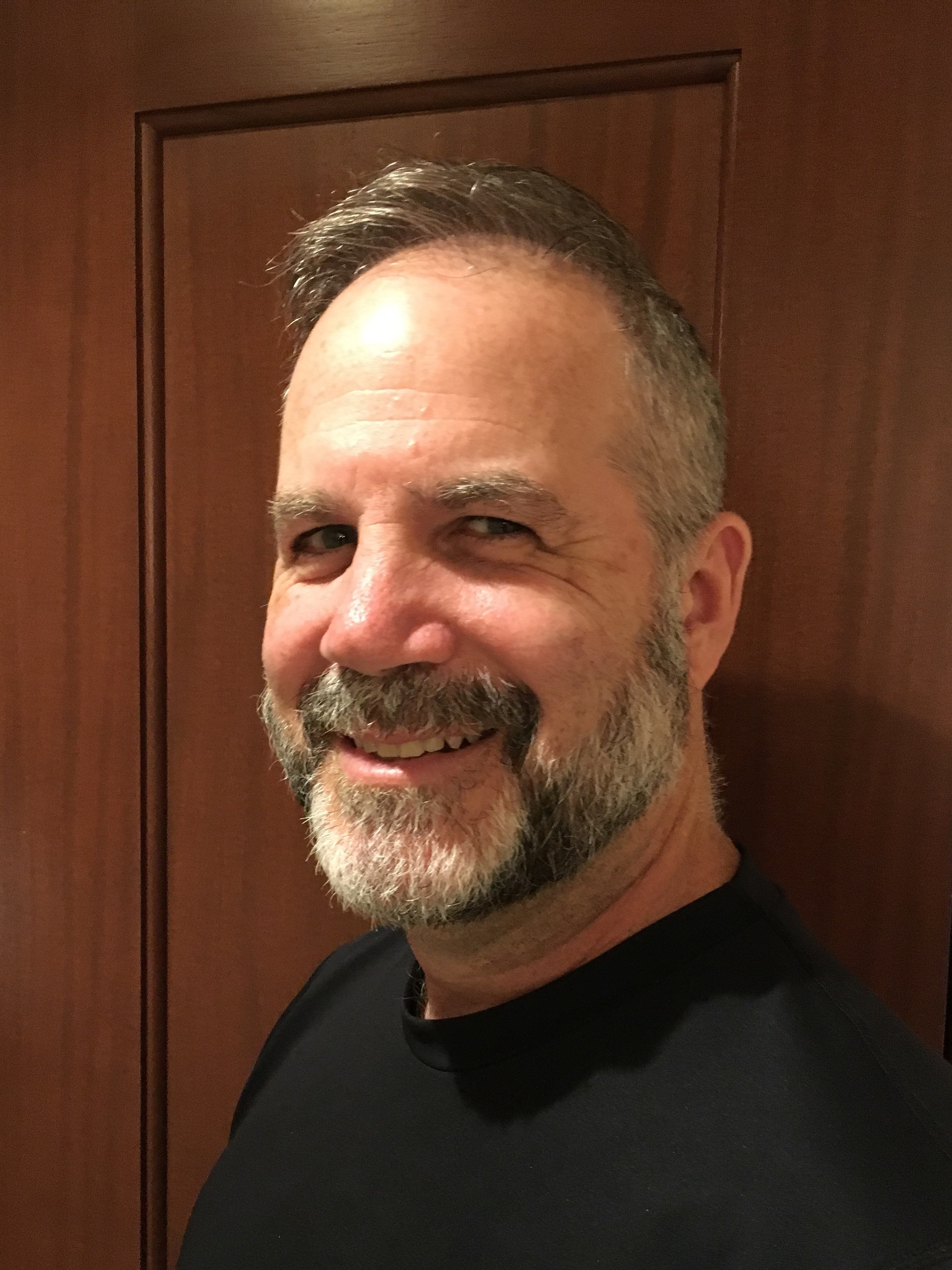 David Shearer, Ph.D., MSCP is a civilian clinical and prescribing psychologist with 15 years of experience at Madigan Army Medical Center in Tacoma, WA. He treats adults utilizing both psychotherapy and medication management. Dr. Shearer is a faculty member of the Department of Family Medicine Residency and the Behavioral Health Service Line psychology internship program.
David Shearer, Ph.D., MSCP is a civilian clinical and prescribing psychologist with 15 years of experience at Madigan Army Medical Center in Tacoma, WA. He treats adults utilizing both psychotherapy and medication management. Dr. Shearer is a faculty member of the Department of Family Medicine Residency and the Behavioral Health Service Line psychology internship program.
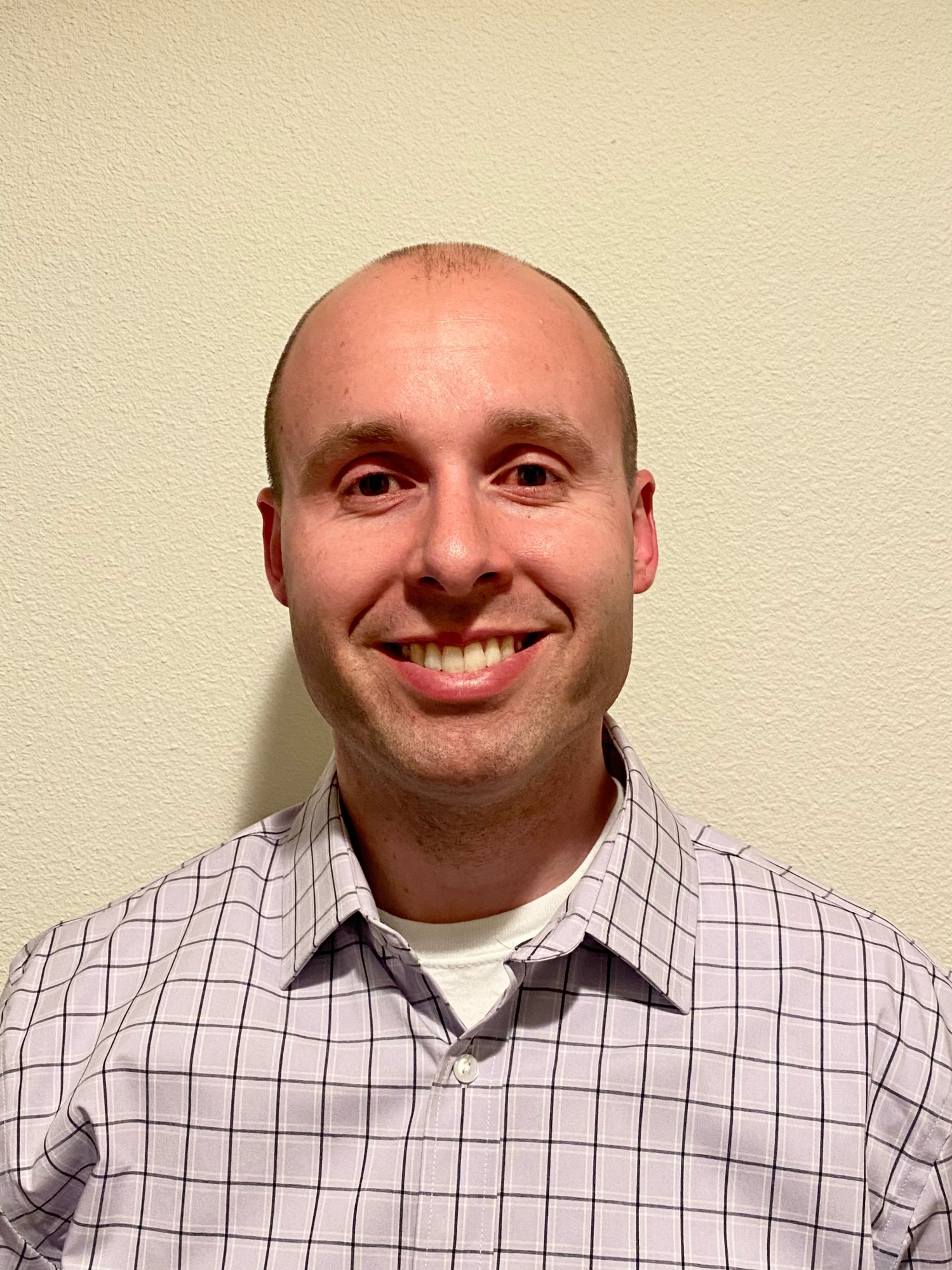
Friday Morning Track 2: Disasters and Critical Incidents: Best Practices in Behavioral Health
CE credits: 3.0
Time: 9:15 AM - 12:30 PM
Learning Objectives:
- Describe behavioral health considerations related to the phases of large-scale disaster.
- Explain how and why disaster behavioral health varies from traditional clinical practice.
- Discuss issues for personal and professional preparation as best practices in response.
Program Description:
Behavioral health impacts from critical incidents, emergencies and large-scale disasters are often overshadowed by other types of community concerns during the recovery from the event, and often misunderstood by responding agencies as well as the community members who have experienced them. This presentation will explore some of the typical short- and long- term behavioral health challenges and outcomes related to disasters, and provide evidence- based best practices for practical resilience-oriented community recovery. Current neuroscience and clinical techniques will be discussed in the context of practices which enhance recovery-oriented communication, de-escalation, and active resilience building supports for children, youth, and adults.
About the Presenter, Kira Mauseth, Ph.D.
Kira Mauseth, Ph.D. is a practicing clinical psychologist who sees patients at Snohomish Psychology Associates in Everett and Edmonds, WA, is a Teaching Professor at Seattle University and serves as a co-lead for the Behavioral Health Strike Team for the WA State Department of Health. She also owns Astrum Health, LLC, and consults with organizations and educational groups about disaster preparedness and resilience building within local communities. She has worked in disaster response since 2010, abroad extensively with survivors and refugees, has trained first responders and health care workers throughout Puget Sound the United States, and currently serves in the adult mental health clinical seat on Washington State’s Disaster Medical Advisory Committee (DMAC).
Dr. Mauseth has provided training to community groups and professionals both regionally and abroad as the co-developer of the Health Support Team program. Her work and research focus on disaster behavioral health, resilience, and recovery from trauma as well as small and large-scale critical incident response and preparation for organizations. She is the author of the text: Why Therapy Works: The Psychology of Change.
Friday Afternoon Track 1: Couples Therapy for Relationships with Eating Disorders
CE credits: 3
Time: 2:00 PM - 5:15 PM
Learning Objectives:
Participants will be able to:
- Participants will be able to list at least 3 reasons why couples therapy for people with eating disorders is needed.
- Participants will be able to identify 5 common stereotypes that are barriers to receiving treatment for couples with eating disorders.
- Participants will be able to explain how these couples are affected by gender bias, ageism, and weightism.
- Participants will be able to articulate at least 2 challenges faced by gay men in relationships with eating disorders.
- Participants will learn 3 challenges for the couples therapist when working with relationships with eating disorders.
- Participants will be able to articulate at least 3 unique elements of Gottman-RED, a new therapy for relationships with eating disorders.
- Participants will describe TOES – Tolerating Others Emotional Storms – and be prepared to implement this exercise in their clinical practice.
Program Description:
In this workshop, participants will learn about the value of using couples therapy in the treatment of a serious mental disorder like an eating disorder and how rewarding this can be. Psychologists may avoid working with eating disorders or couples because of the complexities of the therapy, so putting them both together and working with these couples may seem daunting, but it can also be very satisfying and is desperately needed. This is not a workshop about treating eating disorders. It is a workshop about the value of using couples therapy to help a couple navigate the challenges that come when one or both partners have an eating disorder. The context for couples therapy with eating disorders, common stereotypes that are barriers to treatment for people with eating disorders or disordered eating, the experience of the non-eating disorder partner, and the challenges for the couples therapist will be presented. Difficulties particular to gay men with eating disorders in their relationship will be discussed. Relationships with eating disorders are affected by agism, weightism, and mixed-weight discrimination. Common challenges in these relationships can be represented by the acronym, BEAR– the Bidirectional nature of the eating disorder behaviors, Emotion regulation, Accommodation by the non-eating disorder partner, and Relational turbulence that comes with change will be explained. Participants will be introduced to Gottman-RED (Relationships with Eating Disorders).
Gottman-RED couples therapy is a new therapy for relationships in which one person has an eating disorder. Although Gottman-RED evolved out of traditional Gottman Method Couples Therapy, the interventions can be easily incorporated into or augment other couples therapy modalities. The therapy is versatile. When treatment planning for eating disorder recovery, it can stand alone, enhance individual outpatient therapy, or be integrated into a residential, inpatient, or outpatient program. When helping a couple adapt to a chronic eating disorder with recovery unlikely or distant, it can be the treatment of choice. When a couple with binge eating disorder needs to navigate weight loss for health reasons, couples therapy offers a road map. When all else has failed in terms of therapies or programs, it is a good last resort. After studying the perplexing problems affecting these couples and the healing power of empathetic engagement, it would appear that without a doubt, a therapy like Gottman-RED that fosters synchronous growth in both partners is timely.
The workshop will conclude with an experiential component in which participants will learn and practice an exercise called TOES – Tolerating Others Emotional Storms – that is particularly helpful for emotionally volatile relationships whether there is an eating disorder present or not. It is also useful for therapists desiring to increase their tolerance for emotional intensity of clients or couples during a therapy session.
About the Presenter, Kim Lampson, Ph.D.:

Friday Afternoon Track 2: Clap Back: The Ethics of Advocacy with Gender Diverse Youth
CE credits: 3 (Ethics)
Time: 2:00 PM - 5:15 PM
Learning Objectives:
Participants will be able to:
- Participants will be able to articulate how advocacy which benefits gender diverse youth is guided by application of multiple ethical principles.
- Participants will be able to create concrete strategies to participate in advocacy while serving within their current scope of practice.
- Participants will be able to identify methods to build awareness of political and cultural changes which seek to harm gender diverse youth and plan for reasonable responses.
Program Description:
This three-hour, interactive workshop is directed for Psychologists to consider the ethical principle of beneficence and non-maleficence, as it applies to advocating for the well being of gender diverse youth. Secondly, the workshop will identify how the health care rights and quality of life of gender diverse youth is currently targeted and what responsibility Psychologists have to interrupt and intervene on behalf of affected persons. The workshop will also articulate the ethical principle of fidelity and responsibility as it applies to correcting misinformation which has been deliberately created to harm vulnerable persons. Attendees will be given concrete strategies of ways to operate within their scope of practice to be active and consistent in advocacy efforts.
About the Presenter, Matt Goldenberg, Psy.D.:
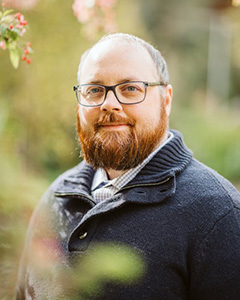
Saturday, Oct. 14th CE Workshops
Saturday Morning: Track 1: ACT, Aging, and Alzheimer’s: Reflections on how to Support Values Based Living in Older Adults
CE credits: 3
Time: 9:00 AM - 12:15 PM
Learning Objectives:
- Participants will be able to state both the positive and the potentially challenging psychological issues associated with aging for themselves and their clients.
- Participants will be able to describe Acceptance and Commitment Therapy core processes supporting psychological flexibility in older adult clients.
- Participants will learn how to create flexible, ACT-informed treatment plans with older adult clients.
Program Description:
We are all aging! Most of us hope that we will live a long life, surrounded by family and friends who love us. However, growing older is inevitably accompanied by changes that must be adapted to, including cognitive, physical, environmental, and psychosocial losses as well as opportunities for psychological growth and a re-envisioned sense-of-self. Old age also can bring people into clearer awareness that life is precious and all too brief; it is an invitation to think about what really matters and how each of us can make best use of the time we have remaining.
In this 3-hour workshop, we will examine how Acceptance and Commitment Therapy (ACT) can help older adults navigate age-related changes including dementia and associated caregiving responsibilities with psychological flexibility: by contacting the moment fully as a conscious human being, and choosing to engage in a meaningful life consistent with one’s uniquely personal values. The evolving body of research and clinical practice using ACT with older individuals will be described. Case examples will explore how ACT-related constructs such as acceptance, cognitive defusion, contact with the present moment, and commitment to a values-based life are applicable to a wide variety of aging-related problems commonly seen in clinical practice. We will also consider the larger societal psychosocial contexts in which aging, physical and cognitive decline, and death occur, and ways in which our rapidly changing world might move towards creating communities that foster the psychological well-being of older adults.
About the Presenter, Susan M. McCurry, Ph.D.:
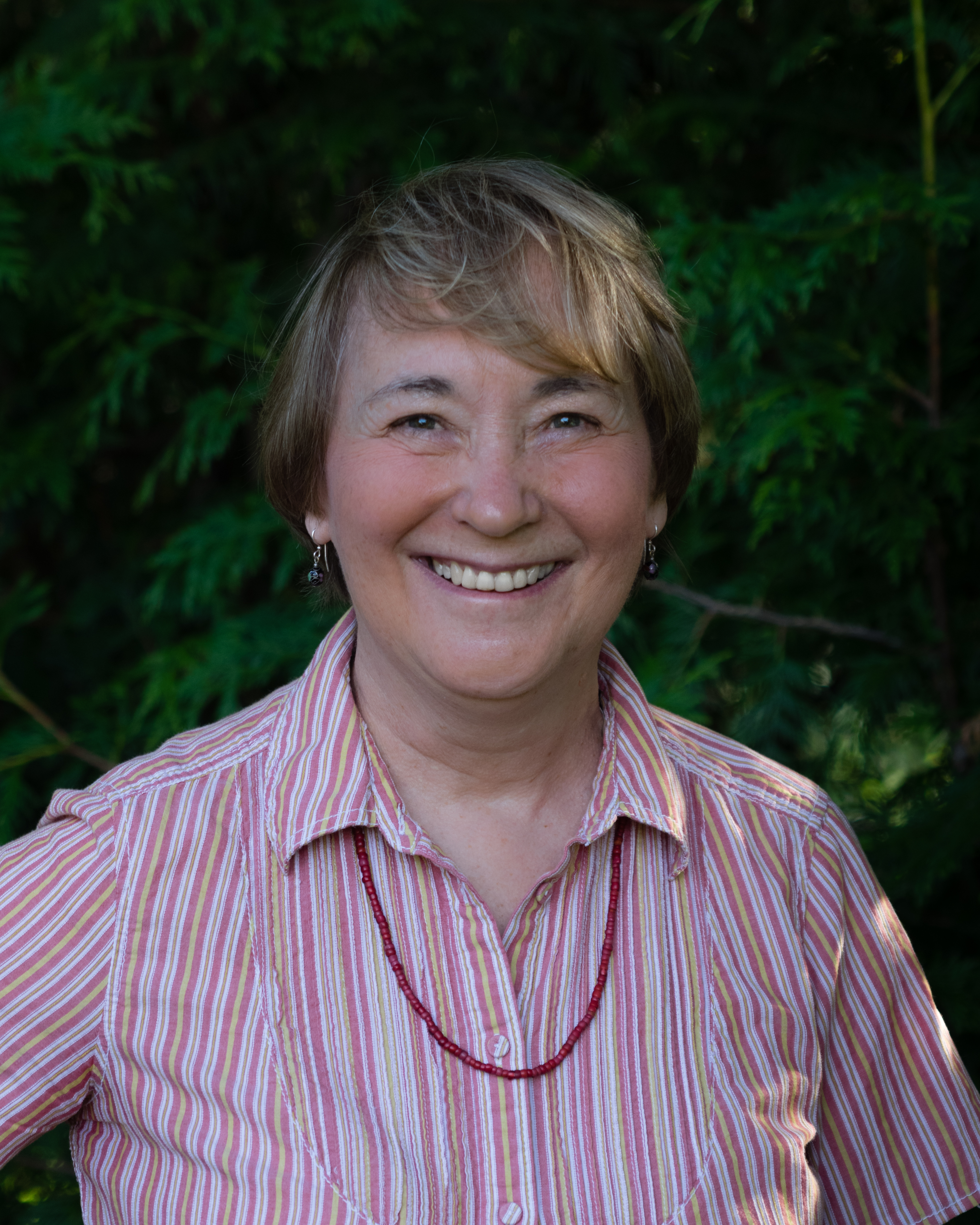
Saturday Morning: Track 2: Secure and Ethical Assessment in a Changing World
CE credits: 3
Time: 9:00 AM - 12:15 PM (PST)
Learning Objectives:
- Describe psychometric properties and statistics used in psychological/neuropsychological testing including reliability/validity, sensitivity/specificity, base rates, clinical vs statistical significance, etc.
- Explain the issues involving norms and test selection.
- Describe the ethical issues involved in test security and third party observers.
- Know how to prepare to assess a client from a culture not their own.
Program Description:
This workshop will cover proper scientific assessment procedures, professional ethics and test standardization that impact conducting psychological/neuropsychological exams in clinical settings. When conducting psychological/neuropsychological assessments, the welfare of clients, families , the public and our profession depend on scientifically valid /reliable measures and examiner knowledge of proper test properties, proper test selection, appropriate norms for the population, statistical validity/reliability, base rates, specificity/sensitivity of the tests in order to select among them. It is important for examiners to realize the limitations of their knowledge and training in order to participate ethically in accepting assessment assignments consistent with their training. Ethical considerations also include testing procedures that consider areas of cultural, ethnic and linguistic background of clients and utilization of of appropriate interview and testing procedures. The psychologist/neuropsychologist is the custodian of testing records and must, therefore, maintain test security and refuse to permit third party observers and recordings. Observation destroys the validity/reliability of our tests, undermine client/public welfare and could destroy our profession.
About the Presenters, Wendy B. Marlowe, Ph.D., ABPP, Karen Sanders, Ph.D., ABPP, Phyllis Sanchez, Ph.D., & Nora Thompson, Ph.D., ABPP:
Wendy B. Marlowe, Ph.D., ABPP is a lifespan neuropsychologist and language pathologist who has been in clinical and forensic practice for over 40 years. Licensed in Washington and Idaho, she is board certified by the American Board of Clinical Neuropsychology and the American Board of Professional Psychology. She is a Fellow in the National Academy of Neuropsychology. Her professional activities involve independent practice, peer journal reviewer, professional organizations and clinical research. She has published in neuropsychological and rehabilitation journals, and presented at national and international meetings. She has testified in Federal and state courts as well as special education due process hearings. She is actively involved in assessment and test security issues at a federal and state level.
Karen Sanders, Ph.D., ABPP an assistant clinical professor at the UW School of Medicine and a board-certified neuropsychologist through the American Board of Professional Psychology. She has been involved in neuropsychology and psychological treatment for over 25 years in clinical and academic settings, with some research involvement. She has provided direct inpatient and outpatient neuropsychological assessments and participated in coordinated treatment in areas of traumatic brain injury, dementia, stroke, epilepsy, multiple sclerosis, pre-surgery evaluations for DBS in Parkinson’s disease, CNS and non-CNS cancers, cognition, geropsychiatry and general medical rehabilitation. She has participated in the design and implementation of CNS and stroke related research involving neurocognitive endpoints. She has been involved in studies investigate integration of neuropsychology in specialty and primary care clinics to help with provision of patient care. In addition, she has supervised pre and postdoctoral psychology students and medical residents while on faculty, both at the University of Utah Medical Center and at the UW School of Medicine. Outside of her professional life, she loves spending time with friends as a performing musician, in community projects and in several outdoor activities.
Phyllis Sanchez, Ph.D. was born and raised in Seattle, she is the first of her family to finish college and go on to earn a Ph.D. She finished a postdoctoral fellowship at UW in neuropsychology in 1991, she has been licensed in Washington State since 1990. She has worked at various entities including hospitals, rehabilitation, and substance abuse settings and in general in the field of neuropsychology. Publications have been in a variety of aspects of neuropsychology, the most sited is the article on the negative impact of TPO on test results published in 2000. She is currently working in private practice.
Nora Thompson, Ph.D., ABPP is a Clinical Neuropsychologist licensed to practice psychology by the State of Washington Department of Health (#2092). She has a doctoral degree in Clinical Neuropsychology from the University of Houston. She is board-certified in Clinical Neuropsychology by the American Board of Professional Psychology. Neuropsychology is the field of psychology specializing in the relationship between the brain and cognition, or thinking abilities. Dr. Thompson’s doctoral training emphasized how brain systems are related to the development of attention, perception, learning, memory, thinking, and behavior. Dr. Thompson has worked as a Clinical Neuropsychologist in private practice and at the University of Washington’s Center on Human Development and Disability, as well as the office of Disabled Student Services. Prior to moving to Washington in 1996, Dr. Thompson was the Rehabilitation Psychologist at Santa Rosa Rehabilitation Hospital in San Antonio, Texas, as well as a Clinical Assistant Professor at the University of Texas Health Sciences Center in San Antonio, Texas. Dr. Thompson specializes in the assessment of learning and cognitive disabilities, including disorders of attention and social development. She maintains her skills and keeps up-to-date with scientific advances by reading the scientific literature, attending workshops, and consulting with colleagues.
Saturday Afternoon: Track 1: Behavioral Addictions & Compulsive Sexual Behavior Disorder
CE credits: 3
Time: 2:00 PM - 5:15 PM (PST)
DOWNLOAD POWERPOINT
Learning Objectives:
At the end of this training, participants will be able to:
- Understand behavioral addiction history and etiology
- Identify behavioral addiction risks, clinical presentation and symptoms
- Implement screeners and assessment measure to identify and diagnose behavioral addictions
- Identify and select evidence-based treatments for behavioral addictions
Program Description:
This program will enhance the practice of clinical psychology through increasing clinician knowledge, skills, and abilities relative to behavioral addictions to include compulsive sexual behavior disorder based on recent literature. Participants will receive instruction in the history and etiology of behavioral addictions, clinical approaches to screening, assessment, diagnosis, and evidence-based treatment of behavioral addictions. Attendees will participate in exercises to practice effective implementation screening and assessment measures in clinical practice and consider challenges in diagnosis and treatment.
About the Presenter, Lori Woehler, Psy.D.:

Dr. Woehler has presented her research at national and international conferences, holds adjunct faculty appointment at Hazelden Graduate School of Addiction Studies, developed and conducted training to reduce implicit bias in cross-discipline healthcare providers. She is a member of APA, Divisions 56 and 50, and serves on the WSPA Continuing Education Committee. She previously volunteered for King County crisis connections and served on a regional board of a national non-profit focused on youth community involvement. She enjoys spending time with family and friends, outdoor activities in the pacific northwest, traveling in her airstream, board games, and reading non-fiction. Dr Woehler’s earlier career experience includes US Army active-duty service, federal government and commercial sector leadership roles, and executive leadership roles at Microsoft as Managing Director of global security and privacy consulting services, Chief of Staff for Windows Server and Tools Marketing, and Senior Director of Online Services and Azure global security, privacy, and compliance.
Saturday Afternoon: Track 2: Exposure Begins at Hello: Navigating Fear in Complex Relational Healing
CE credits: 3
Time: 2:00 PM - 5:15 PM
Learning Objectives:
- Participants will be able to describe the difference between trauma and posttraumatic reactions.
- Participants will be able to explain the importance of the therapeutic alliance and how it is likely exposure therapy for individuals who have experienced complex trauma.
- Participants will be able to describe several common assessment measures that can be used in evaluations or therapy.
Program Description:
The intent of this workshop is to increase psychologist’s understanding of how trauma, particularly events repeatedly experienced in childhood, can affect the process of treatment. The workshop will provide participants an understanding of how a history of complex trauma can make the creation of a therapeutic relationship even more important, and more complex, than other presenting issue. This presentation will apply to psychologists working with adults and some special populations (e.g. complex trauma). Issues related to the impact of diversity, identity, power, and privilege on forming the relationship in complex trauma work will be addressed as well. This presentation focuses on challenging the myth that treatment is being delayed or clients are being harmed by utilizing stabilization phase in therapy. Finally, Dr. Bailey will encourage participants to expand conceptualization of exposure in the therapeutic work with individuals who have experienced complex trauma.
Herman (1997) posited a three-stage model that has become the foundation for many treatment guidelines for working with individuals who experience complex posttraumatic symptoms and dissociation. Research on treatment outcomes frequently focus exclusively on technique despite ample evidence that other factors, such as the relationship, explain more of the variance in therapeutic outcome (Norcross & Lambert, 2019). Further, some authors (e.g., De Jongh et al., 2016) assert that clients are not being provided effective or evidence-based treatment if exposure techniques are not utilized early in treatment. This presentation will discuss the elements that are associated with positive outcomes in therapy, regardless of diagnosis or treatment modality. Further, a review of the exposure techniques and known mechanisms will be reviewed. Finally, the presentation will propose a treatment stage that recognizes the complexities of engaging building a therapeutic relationship within the context of interpersonal connections most often resulting in feelings of terror.
About the Presenter, Tyson D Bailey, Psy.D. ABPP:
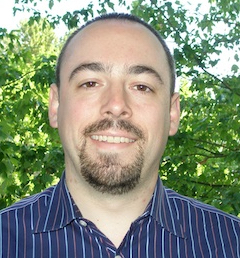
 Washington State Psychological Association (WSPA) is approved by the American Psychological Association to sponsor continuing education for psychologists. WSPA maintains responsibility for this program and its content.
Washington State Psychological Association (WSPA) is approved by the American Psychological Association to sponsor continuing education for psychologists. WSPA maintains responsibility for this program and its content.
The Northwest Psychological Fall Convention is a continuing educational event restricted to WSPA members and invited behavioral health professionals.

